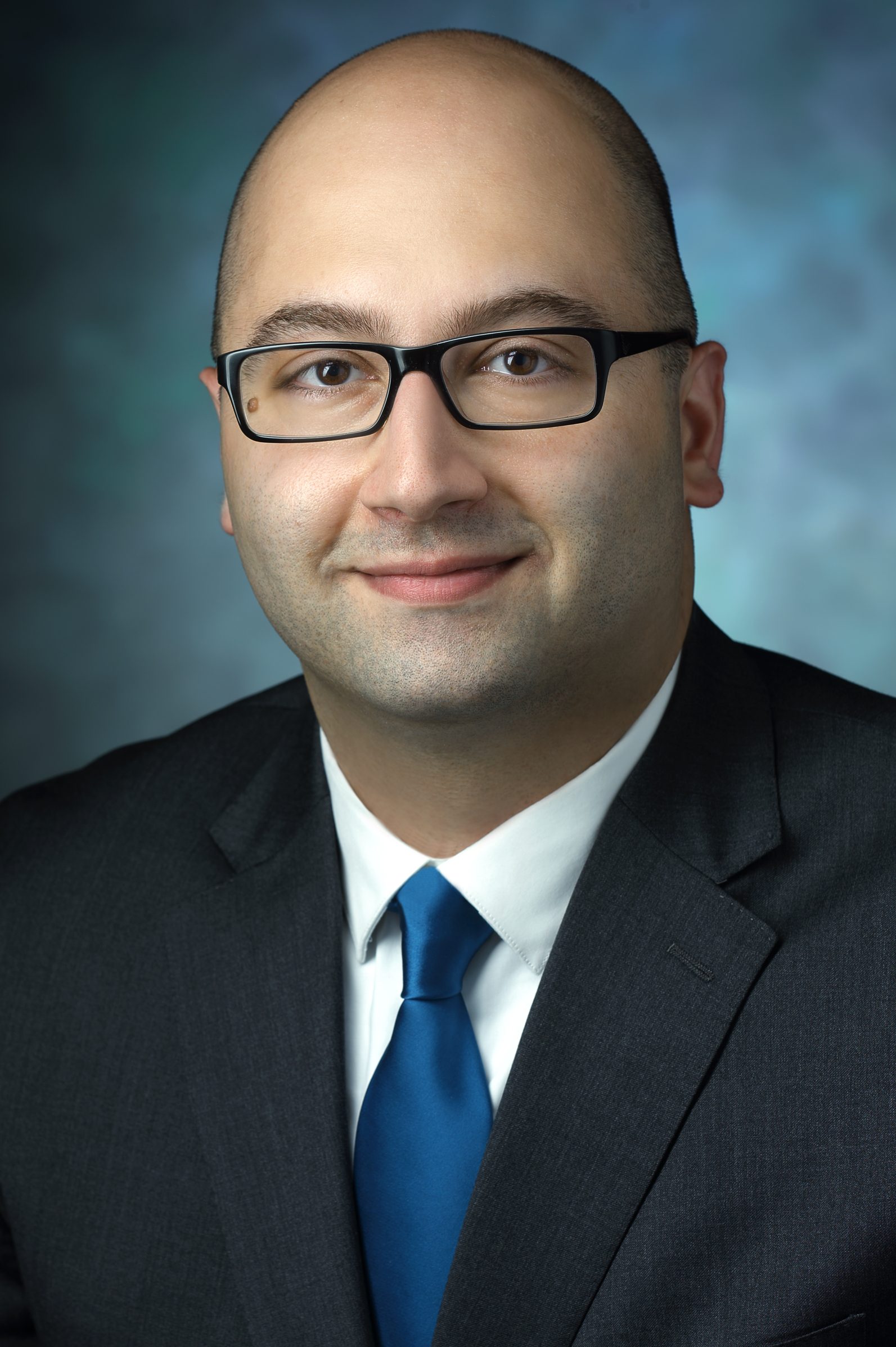Project title: An improved approach for detection and therapeutic monitoring of neuroendocrine tumors by PET
Babak Behnam Azad, PhD Johns Hopkins School of Medicine, Baltimore

- Status: Completed
- Year(s): 2017
- Grant Type: Collaborative
- Research Type: Clinical
- Primary Tumor Site: Pancreas/small intestine
- Area of Inquiry: Diagnostic
Additional Details
- State: Maryland
- Grant Duration: 1 years
- Grant Partner: Education and Research Foundation for Nuclear Medicine and Molecular Imaging
- Awards: NETRF/ERF Nuclear Medicine Pilot Research Grant
DISCLAIMER
NETRF funds laboratory research to understand the development of neuroendocrine tumors and translational research to explore new concepts in treatment. Research grant descriptions and research updates from NETRF are not intended to serve as medical advice. It can take years for research discoveries to be fully validated and approved for patient care. Always consult your health care providers about your treatment options.
